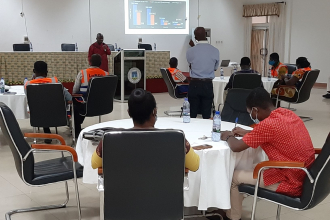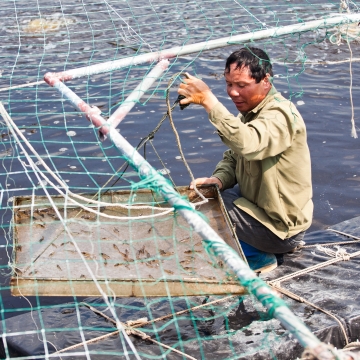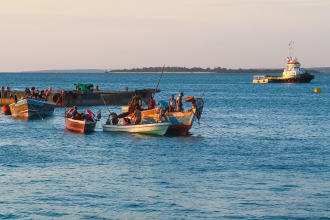
ENRRI-EfD Ghana engages fisheries officials in discussions to save the sea
ENRRI-EfD Ghana invited fisheries regulations enforcement officials and media representatives to a round table discussion on enforcement of fishing regulations and promoting sustainable fisheries…



